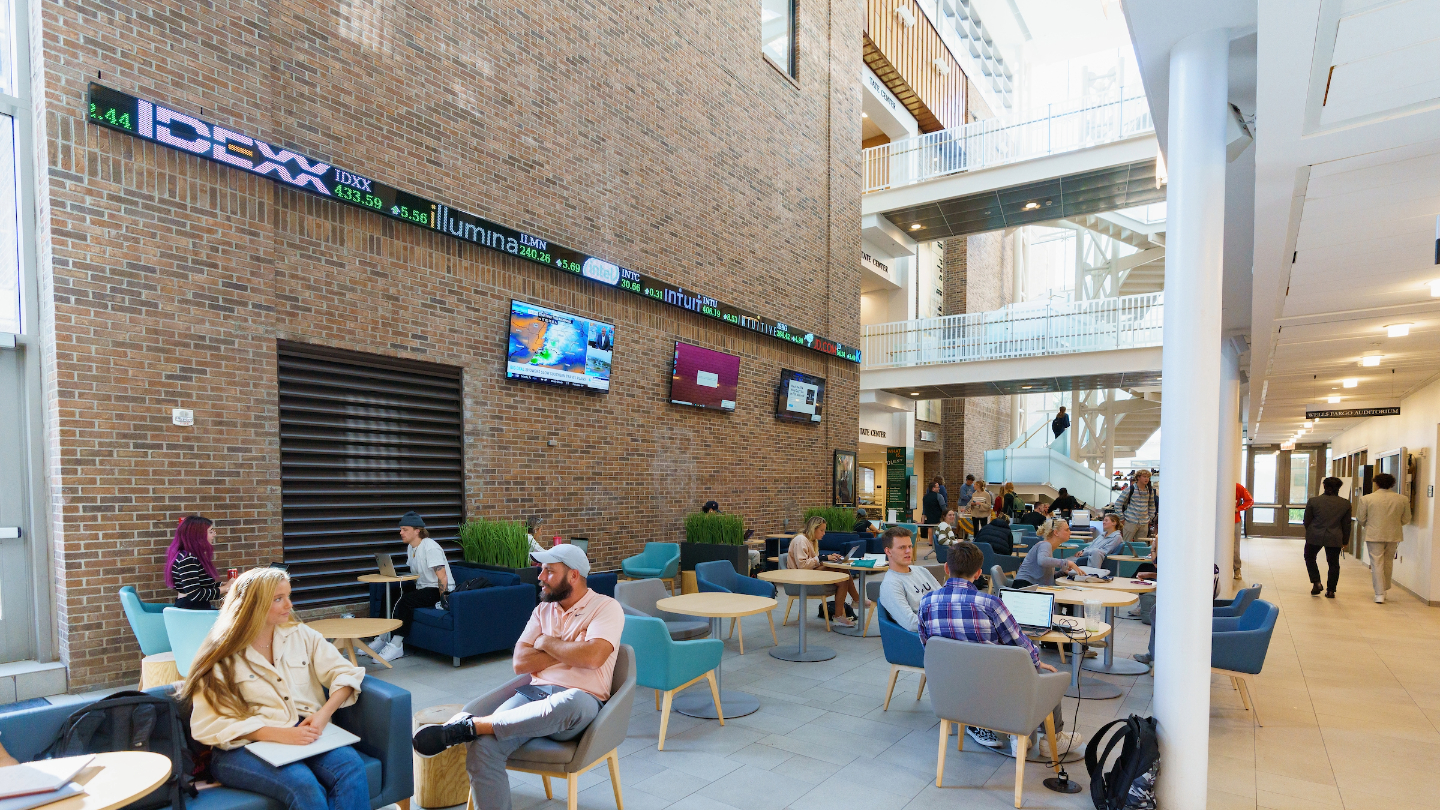School of Business





Your potential is at the intersection of business and liberal arts.
Imagine a place where old-school knowledge meets new business lessons. That’s what you get when you study business at the College of Charleston. Here, tradition meets innovation. At the College of Charleston, you don't just learn about business. You live it.
Explore Business
About the School
Academic Programs
Student Life
Centers & Initiatives
Faculty Research
By the Numbers
Our story, in numbers.


Undergraduate Programs
Explore top undergraduate business programs at the College of Charleston. Shape your future with renowned faculty and a dynamic curriculum.
Learn More


Graduate & Executive Programs
Take your education to the next level. Learn more about our top-ranked accelerated MBA, executive MBA and M.S. in Accountancy programs.
Learn More


Continuing & Professional Programs
You know how important it is to continue to learn new skills. We're here to help you do that with our professional education programs.
Learn More